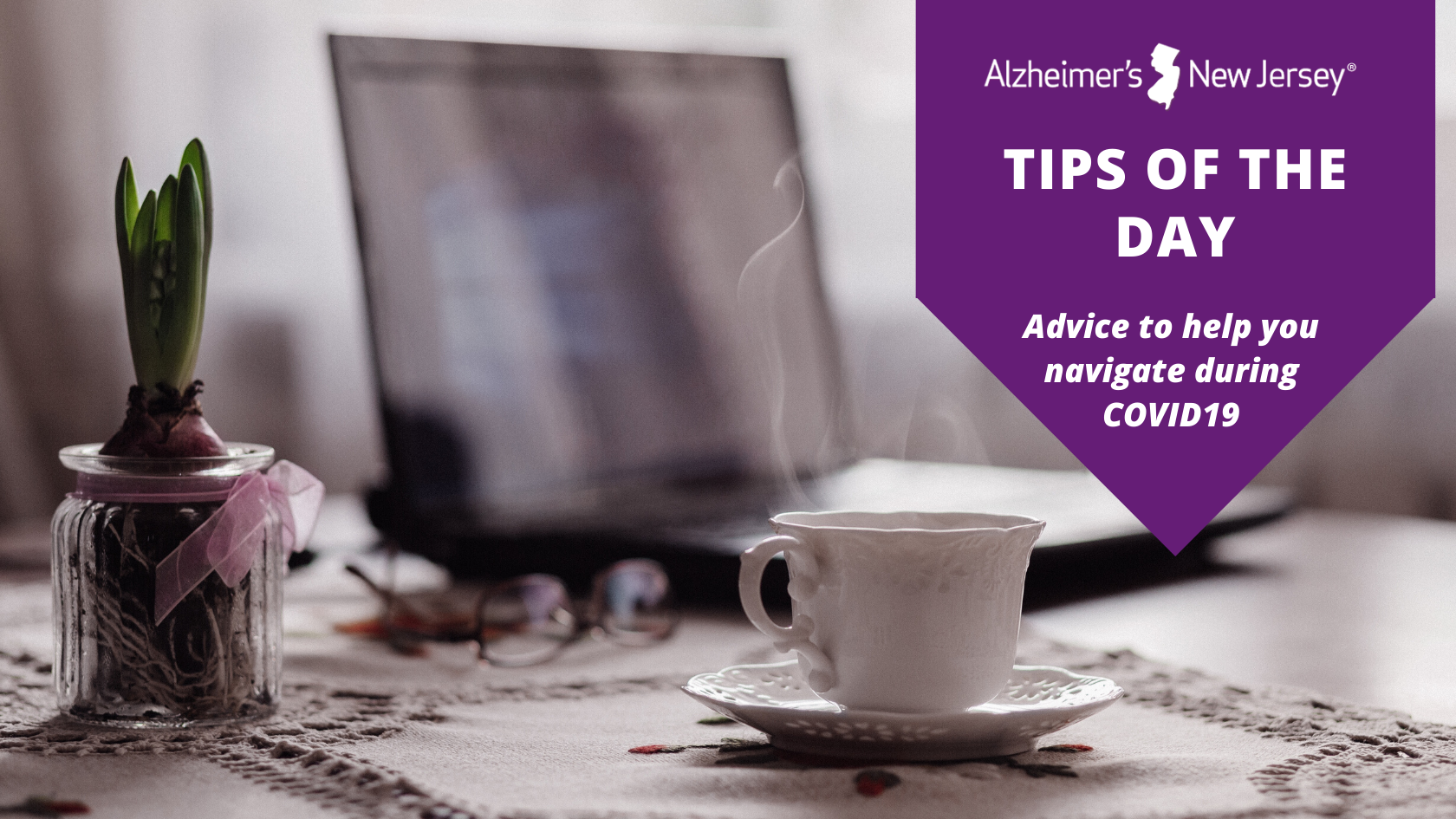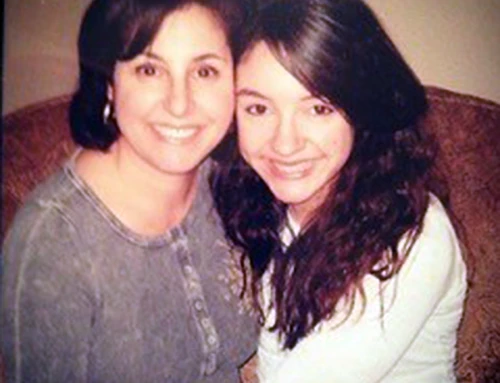As you continue to remain indoors, are you seeing more agitation and anxiety in the person with dementia? Maybe more outbursts, pacing, repetitiveness? As mentioned in previous tips, these behaviors could be due to many factors including a change in routine, medical issues, or his/her ability to sense your agitation and anxiety. Below are tips to manage the person with dementia’s agitation and stress. Hopefully by implementing these tips, your level of stress will be reduced as well.
First and foremost, remember the way the person is behaving is because of the disease, not the person! Try not to take it personally. He/she does not want to be causing you stress and if he/she had control over his/her behavior, he/she most likely would not be acting this way. Use this as a go-to thought when your frustration level is high – “It is the disease that is making him/her act this way.”
With that thought in mind, here are some tips on how to manage challenging behaviors:
- Seek a doctor’s advice to determine if there is a medical cause or if medications are causing adverse side effects.
- Limit outside noise, clutter or the number of persons in a room.
- Keep to familiar routines.
- Reduce caffeine intake.
- Do not move objects and furniture.
- Speak in a reassuring voice.
- Display familiar objects that promote pleasant memories.
- Learn to recognize behaviors – an agitated state or pulling at clothing, for example, could indicate a need to use the bathroom.
- Do not try to restrain the person during an agitated reaction.
- Keep dangerous objects out of reach.





